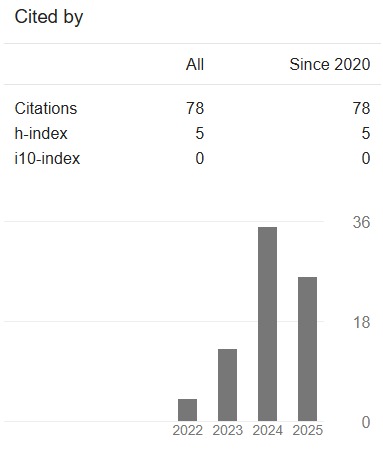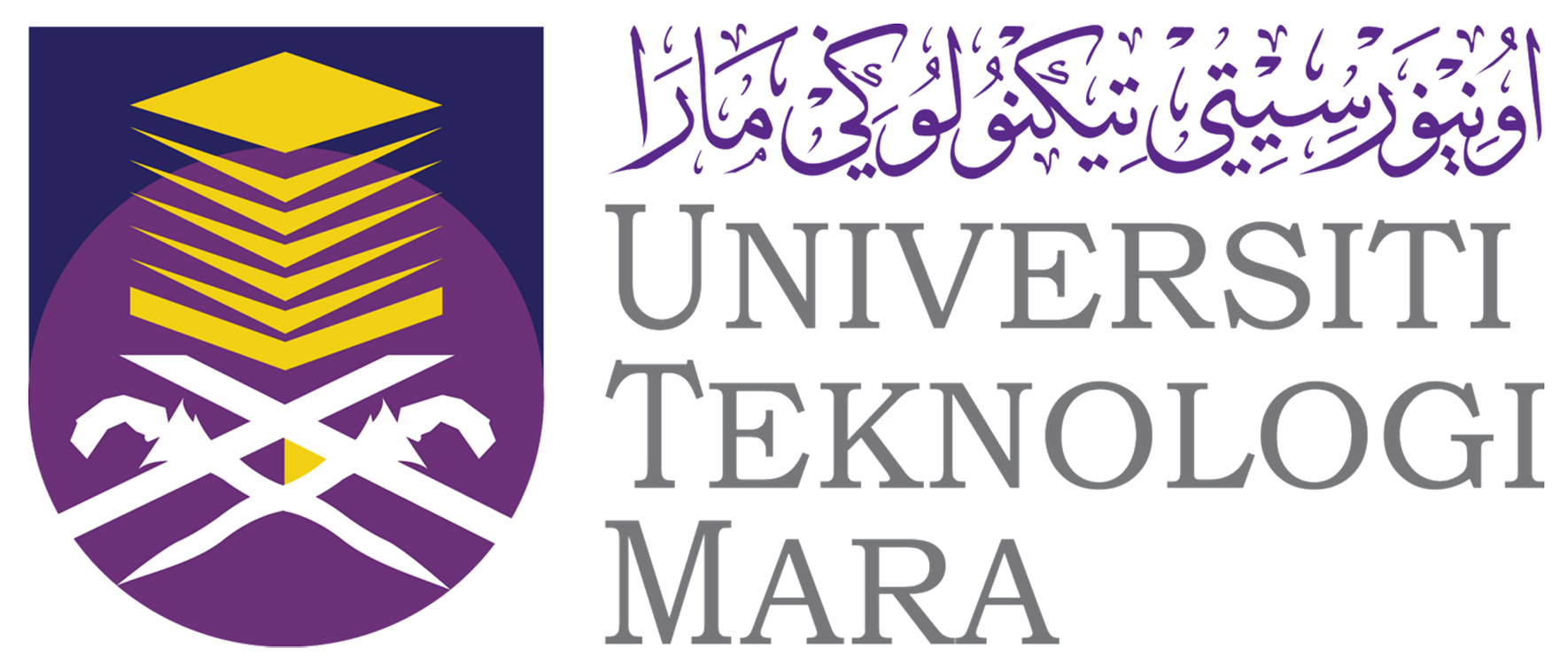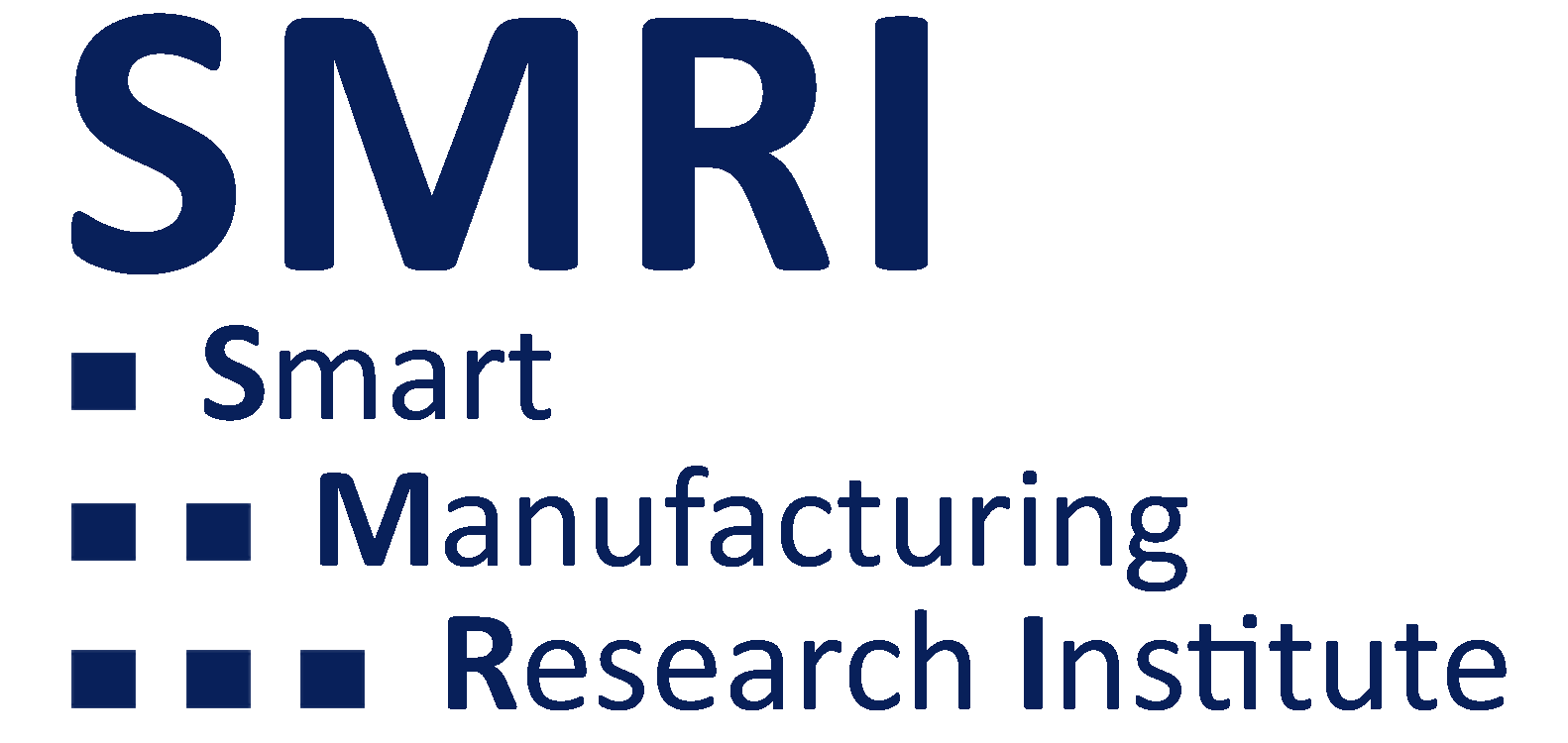Ethics Policy
Publication Ethics Statement
JAEDS aspire to become a scientific publication platform that adheres to a process where publication ethics are highly practiced, as stated by the Committee on Publication Ethics (COPE) ( http://publicationethics.org). This is to ensure that the process follows a high level of professional conduct to meet the aim of positive contribution towards knowledge enhancement. The code of ethics to be followed by all personnel involved in the publishing process of JAEDS are as stated.
Authors, reviewers, and editors should follow this code of ethics during all stages.
AUTHORS
Authors should carefully follow these stipulated authorship ethics prior to submission.
- Submitted articles should be an original work that has not been published in any other publication platform, or not currently being reviewed or considered by other journals simultaneously.
- The listed authors are those who have made visible contributions to the research or production of the manuscript. Authorship credit should be based on (i) Substantial contributions to conception and design, acquisition of data, or analysis and interpretation of data, (ii) Drafting the article or revising it critically for important intellectual content; and (iii) Final approval of the version to be submitted for publication. All of these conditions should be met by all authors.
- The authors should practice ethical citation practices where the work and/or words of others must be appropriately cited or quoted. This includes avoiding the approach of bulk citations within the article text.
- The work produced must be factually accurate and contains no matter unfounded or illegitimate, and the authors should honestly gather and interpret their research data.
- The author should guarantee that the submitted article is not a plagiarism from other publications in any form. Plagiarism constitutes unethical publishing behavior and is unacceptable. If the submitted article is adapted from the authors own work (thesis), then the authors should inform the chief-editor and provide evidence through an appropriate cover letter.
- One author should be designated as the corresponding author with contact details.
- Applicable copyright laws and conventions should be followed by the authors.
- The author should promptly inform the journal editor of any obvious error(s) in their published paper and cooperate earnestly with the editor in retraction or correction of the paper.
- The authors need to abide with review and production procedures of the journal and make corrections or improvement as commented by reviewers/editor. Prior to publication, the authors need to submit the Copyright of Transfer Agreement (to be sent by the Production Editor).
REVIEWERS
The reviewer job scope is to evaluate the research papers based on the submitted content in a confidential manner. They also make suggestions to the authors so that they would improve the quality of research paper.
- Potential reviewers should not have any conflict of interest before agreeing to review a submission.
- The reviewer who feels unqualified to review the assigned manuscript or affirms that they cannot meet the deadline for completion of the review should immediately notify the editor and excuse themselves from the process of reviewing this manuscript.
- The manuscript should be treated as confidential and the reviewer should not disclose or discuss with others except as authorized by the editor.
- The reviewer should ensure the originality of a submission and be alert to any plagiarism and redundant publication. The reviewer should immediately call to the editor’s attention a manuscript containing plagiarized material or falsified data.
- Reviewers should strictly follow the guidelines given by the editors to ensure a smooth review process, especially on the due dates for each review stage.
- The reviewer should perform objectively, fairly and professionally. The reviewers should avoid any personal criticism towards the authors.
- The reviewer should not use for his or her own research any part of any data or work reported in submitted and as yet unpublished articles.
EDITORS
Editors are required to manage the submission until a decision is made. The publishing decision is made based on the suggestion of the journal reviewers and editorial board members. The Editor-in-Chief may provide counsel with other editors or reviewers in making a decision.
- The chief-editor should acknowledge receipt of submitted manuscripts and ensure an efficient, fair, and timely review process.
- The editors should ensure appropriate or qualified reviewers are selected/ identified for the reviewing process based on the area or scope of work of the submitted articles.
- The editors should ensure that submitted manuscripts are processed in a confidential manner, and that no content of the manuscripts will be disclosed to anyone other than the corresponding author, reviewers, and the publisher, as appropriate.
- The editor should recuse themselves from processing manuscripts if there is any conflict of interest with any of the authors or institutions related to the manuscripts.
- The editors have the right to make the decision on whether to accept or reject a manuscript with reference to the significance, originality, and clarity of the manuscript and its relevance to the journal.
- The editors should not use any part of any data or work reported in submitted and as yet unpublished articles for their own research.
- The editors should respond promptly and take reasonable measures when an ethical complaint occurs concerning a submitted manuscript or a published paper, and the editor should immediately contact and consult with the author.
PUBLISHER RESPONSIBILITIES
- Confirms that journal editors, editorial board members, authors, reviewers, and other stakeholders adopt the best publishing policies and procedures.
- Strives for a more effective academic communication system for journal governance.
- Supports the publishing and indexing of all journal articles.
- Ensure that the Editorial team meets production schedules and complete the work on time.
- Verify the publication rights and licensing agreement before publication.
- Work closely with Editor-in-Chief to clarify things or correct any errors in an article where scientific misconduct, fraudulent publishing, or plagiarism is suspected or confirmed.
- Publisher and Editor-in-Chief must work together to detect and prevent publishing articles that include research misconduct, and they must never promote and enable research misconduct to occur.
- Publisher and the Journal do not differentiate based on age, colour, faith, ethnicity, disability, marital status, veteran status, national origin, race, gender, genetic predisposition or carrier status, or sexual orientation.
- Responsible for investigating any potential publishing misconduct and resolving any situations of alleged publishing malpractice.
- Responsible for reviewing and updating the journal's policies regularly as required.








